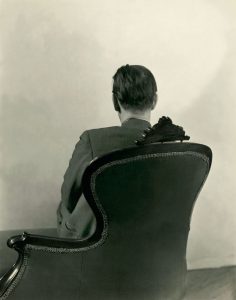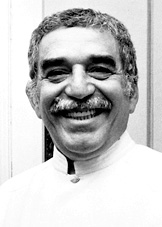
Reverse of this real story in the WAPO. I mean, really.
When companies/governments go quiet about their so-called ESG efforts, whether it’s investing or actually taking steps to reduce their carbon print(s), to avoid criticism and backlash well, you know we are once again through the looking glass:
The phenomenon, known as green hushing, has become pervasive even as businesses set more ambitious internal targets, according to a survey by South Pole, a climate consultancy and carbon offsets developer.
South Pole surveyed 1,200 large companies from 12 different countries, all of which have set net-zero targets and more than two-thirds of which identify as “heavy emitters.” It found that although a majority of companies have set science-based targets to help them deliver on their commitments, 23% “don’t plan to publicize” them.
The findings suggest that the stigma of so-called greenwashing, where a company exaggerates its green credentials, is so feared that executives will do anything to avoid being accused of it. Being labeled a greenwasher brings with it reputational harm, financial damage and, increasingly, the scrutiny of regulators. And once tainted by such allegations, companies can struggle to resurrect their reputations.But green hushing also comes at a cost, South Pole said.
“More than ever we need the companies making progress on sustainability to inspire their peers to make a start,” said Renat Heuberger, chief executive and co-founder of South Pole. “This is impossible if progress is happening in silence.”
So, it’s a preemptive PR move, if that makes you feel any better (Ed: it doesn’t). But it does remind us who/what companies serve first – their reputations. If everything is done for optics, what are we ultimately looking at? Much less seeing. We do well to keep this in mind across many contexts – which news stories, politicians, examples of corruption, coups d’etat get more play – all are choices. There’s nothing celestial about which news makes headlines. Someone decided.
It’s much the same with these companies who decide that ‘being quiet about it’ is just another tool in their climate tool box. People and planet need confirmation, verification, allies, and affirmation.
Apologies to Dylan Thomas but Do not go quiet into that good night,




